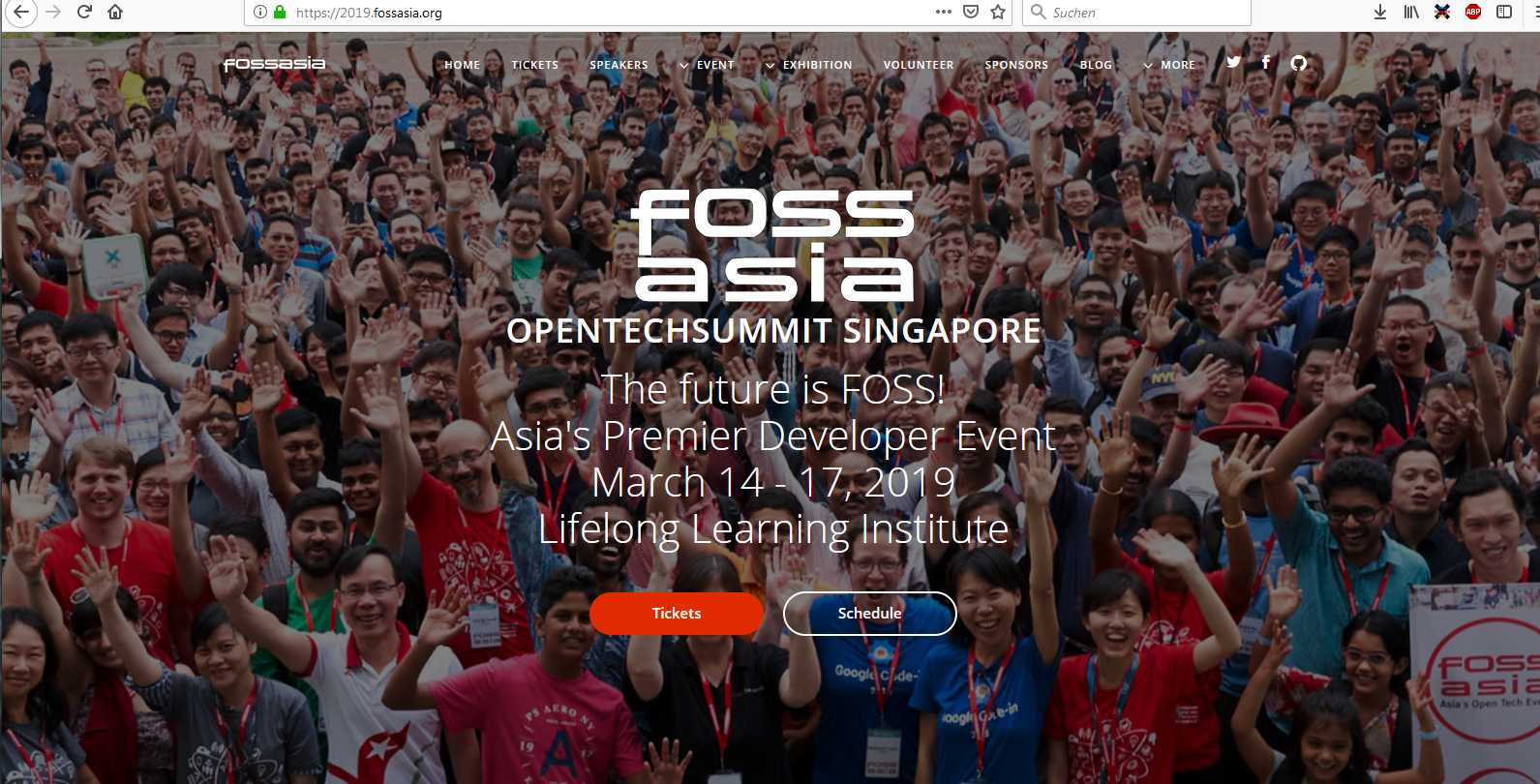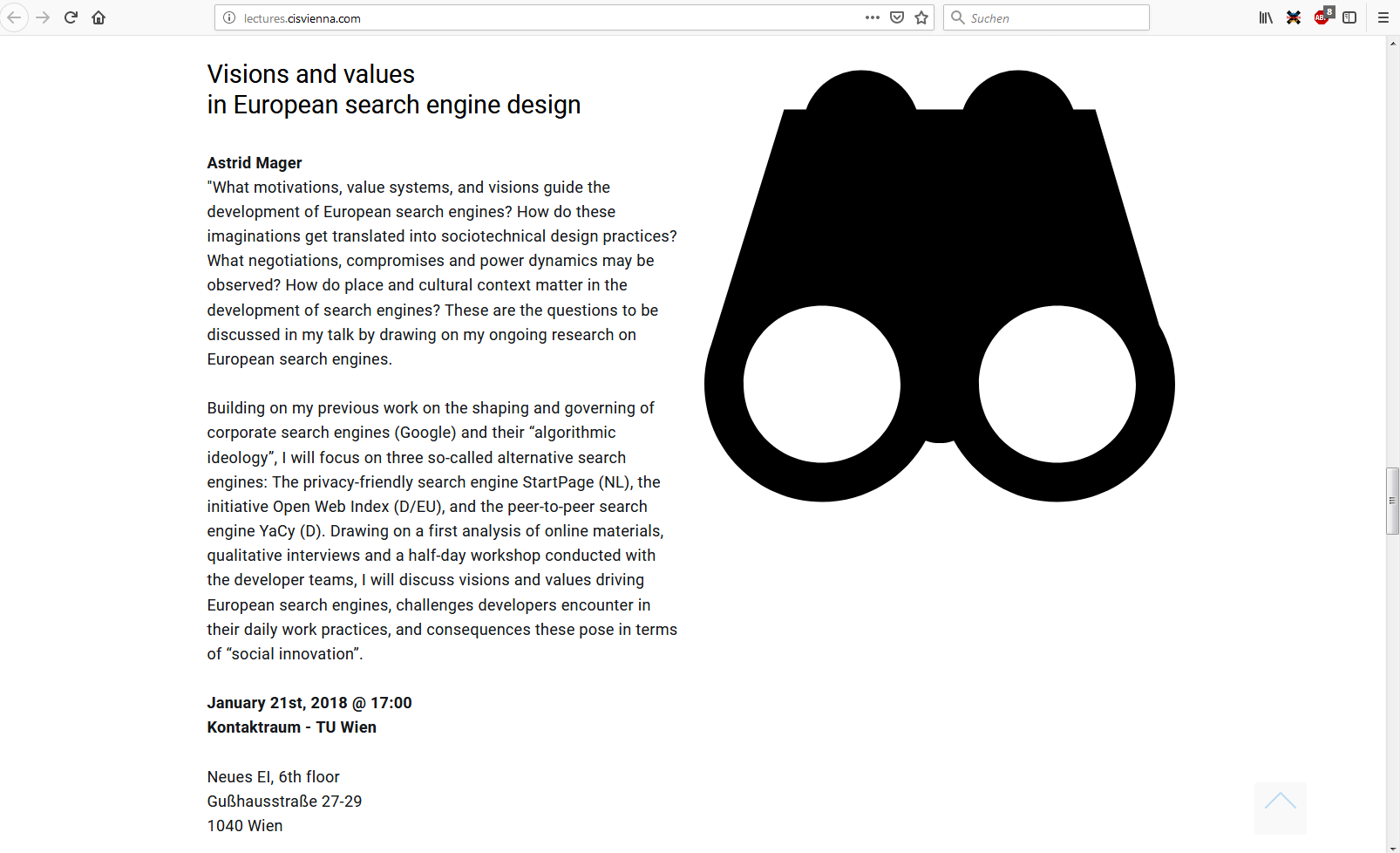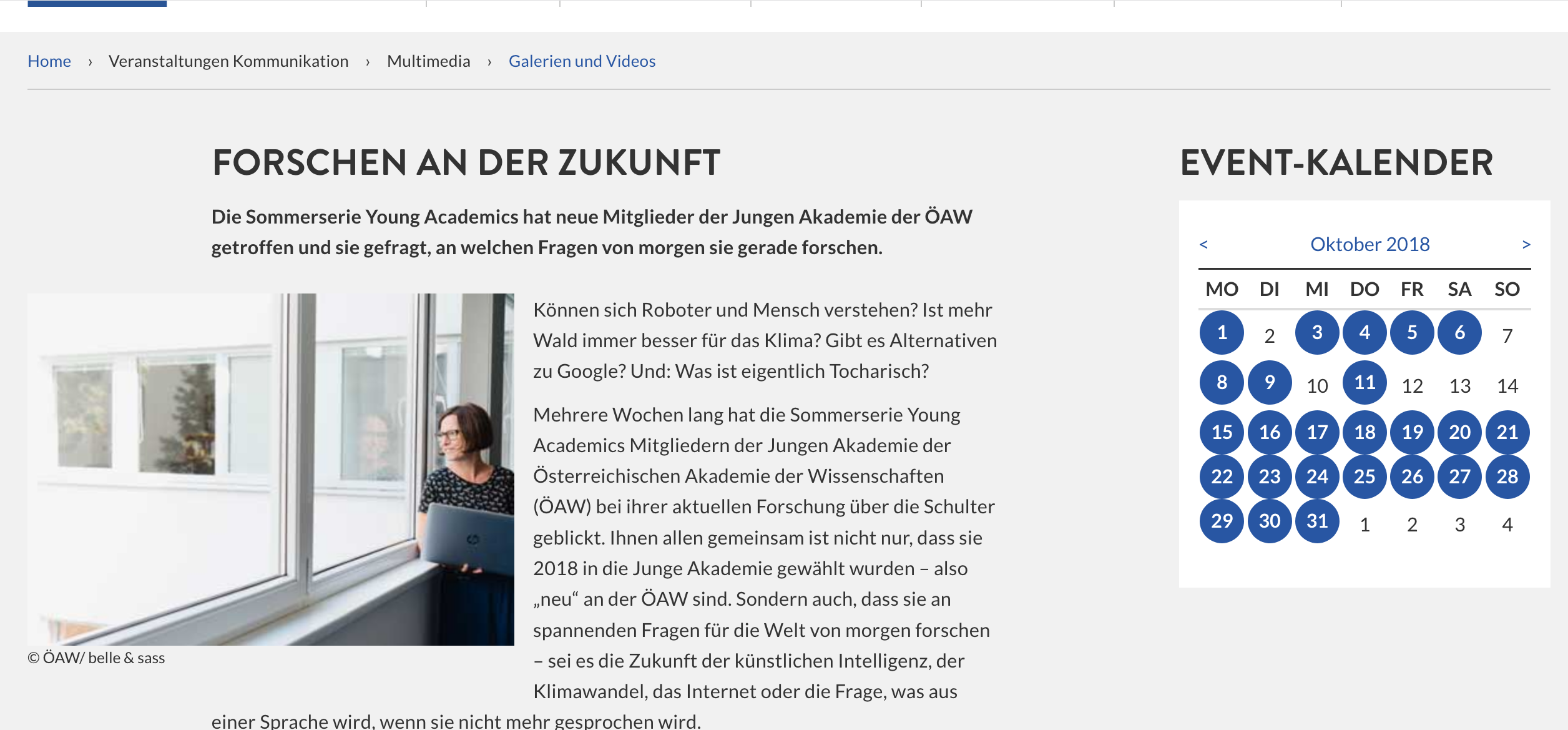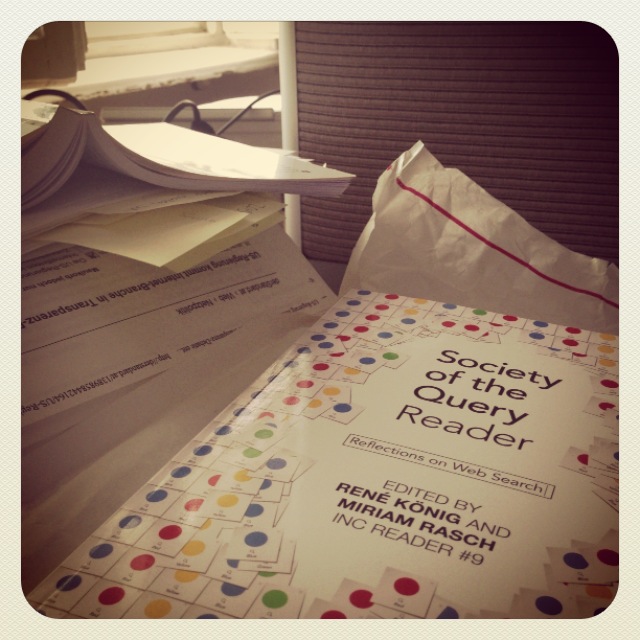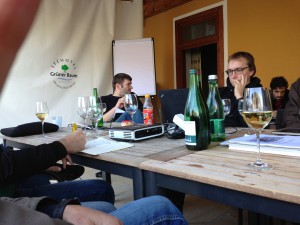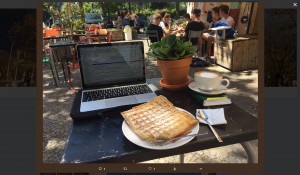 Thanks for your interest and great response to the FOSSASIA 2019 workshop I advertised in my previous blog post! 🙂 Are you a SUSI.AI developer/ contributor? Are you up for an experiment? Would you be willing to write a short piece of text on how the social appears in the technical development of SUSI.AI/ your daily work practices? This text should only be half a page or a page and you should’t think about it too hard; rather: you just find a nice spot (like I did last spring in Berlin, where the picture above was taken) and quickly write down what comes to your mind when you hear the following question:
Thanks for your interest and great response to the FOSSASIA 2019 workshop I advertised in my previous blog post! 🙂 Are you a SUSI.AI developer/ contributor? Are you up for an experiment? Would you be willing to write a short piece of text on how the social appears in the technical development of SUSI.AI/ your daily work practices? This text should only be half a page or a page and you should’t think about it too hard; rather: you just find a nice spot (like I did last spring in Berlin, where the picture above was taken) and quickly write down what comes to your mind when you hear the following question:
When and how did you encounter SUSI (standing for the social in terms of social biases, user imaginations, gender relations, your own desires and expectations, or something else that comes to your mind..) when developing/ contributing to SUSI.AI and how did you handle SUSI back then?
Please send your memories to me (astrid.mager(at)oeaw.ac.at) so that we can discuss/ work with them during the workshop. Based on these texts we’ll be able to draw out how to (better) handle SUSI in the future, but also how SUSI can be made productive in terms of creating more “open”, “transparent” or “fairer” (AI) technology more generally.
If you don’t find the time to write such a memory, don’t worry! I’d still be happy to see you at the workshop and learn about your ideas on the way SUSI figures in your work and how you usually deal with it!
Remember: The workshop titled “Where is SUSI in the AI?” will take place on Saturday, 16th March, 18-18.55, at the Event Hall 2-1. I’m already looking forward to seeing you there!!! 🙂 Please use this link to sign up for the workshop! Thank you!
If you’re interested in learning more about working with memories in software design, I’d be happy to give you further insights in the method “mind scripting” I’ve been toying around with just recently. It’s a method developed by my colleague Doris Allhutter, who particularly created this method to investigate (and potentially also to intervene in) software practices.

